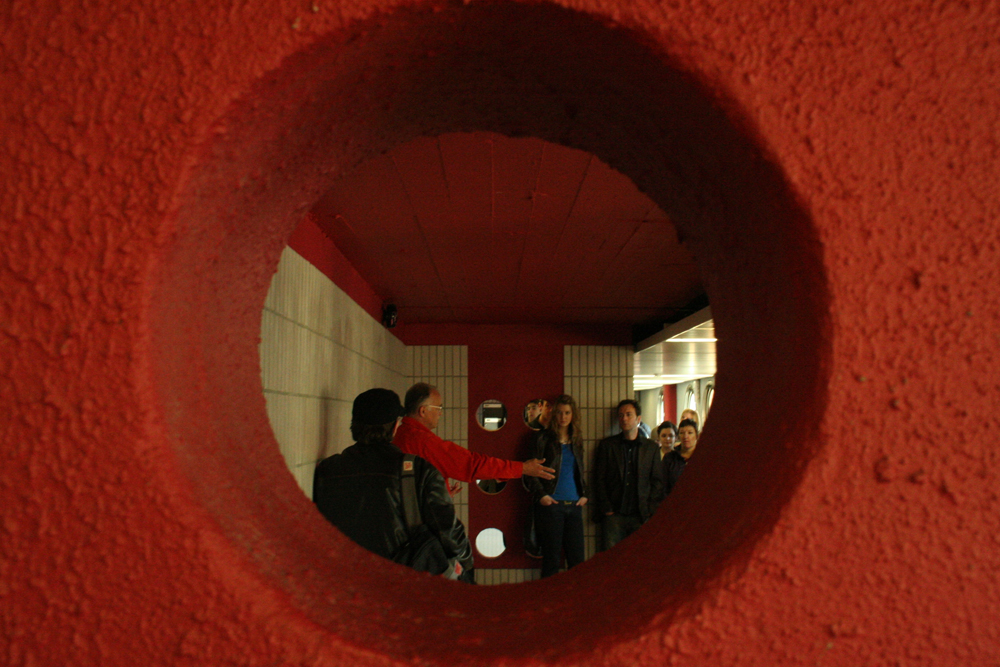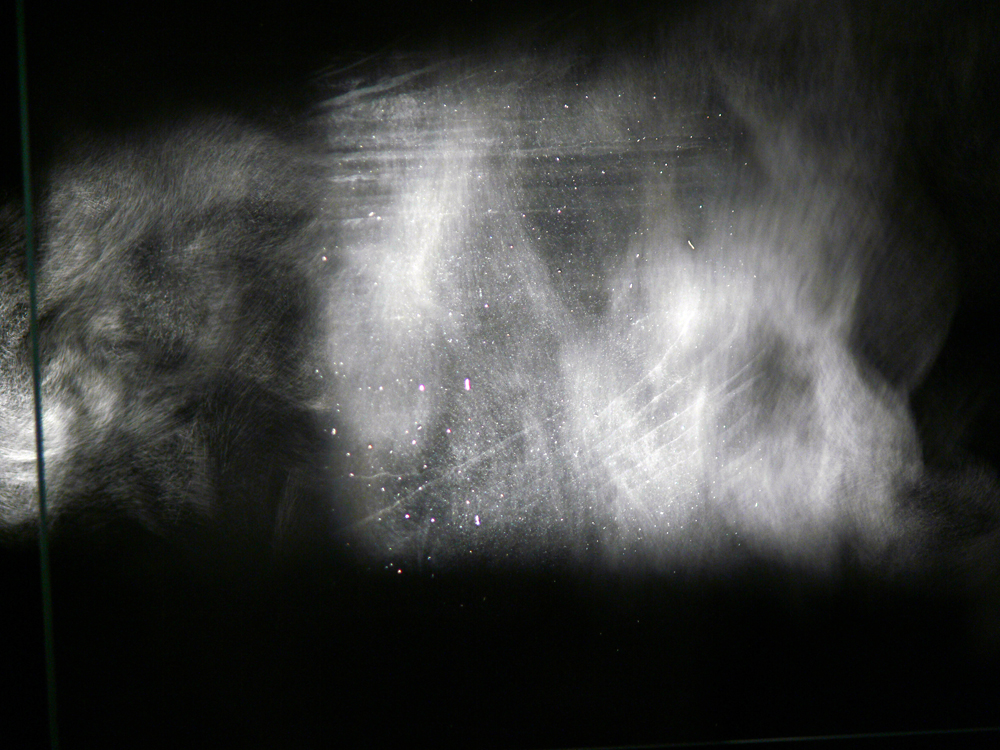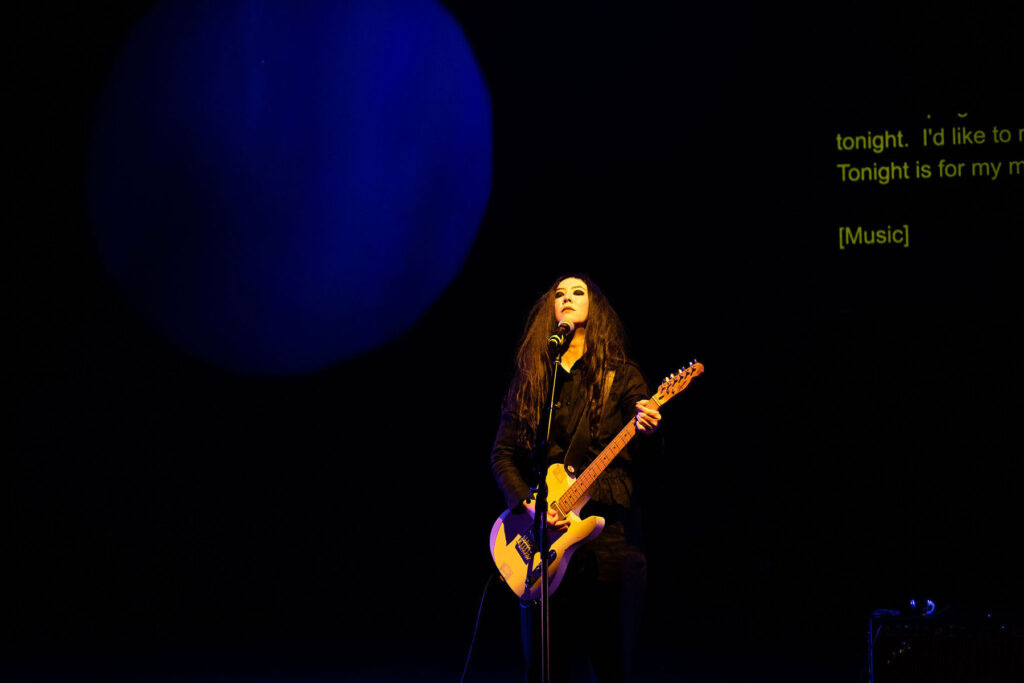
Shadowed Spaces Cumbernauld
Ikuro Takahashi Sean Meehan Tamio Shiraishi Denis Wood
A series of badly felted lock-ups and garages + multiple locations within the Megastructure – a purpose built town centre in one building, comprising (in the 50’s at least) of housing (never occupied), shops, apartments, a hotel, ice rink, police station and other amenities











